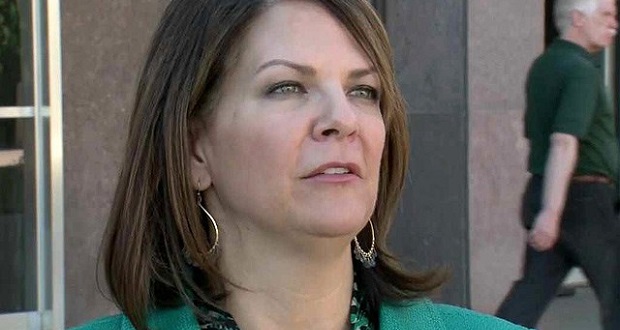Outside spending, dark money fuel attack ads in race for Arizona governor
Luige del Puerto and Ben Giles//July 11, 2014//[read_meter]
Outside spending, dark money fuel attack ads in race for Arizona governor
Luige del Puerto and Ben Giles//July 11, 2014//[read_meter]
Conservative groups backed by dark money or yet to be-disclosed funding sources are trading blows on the airwaves now that a pro-Christine Jones IE began airing ads attacking Doug Ducey...
















